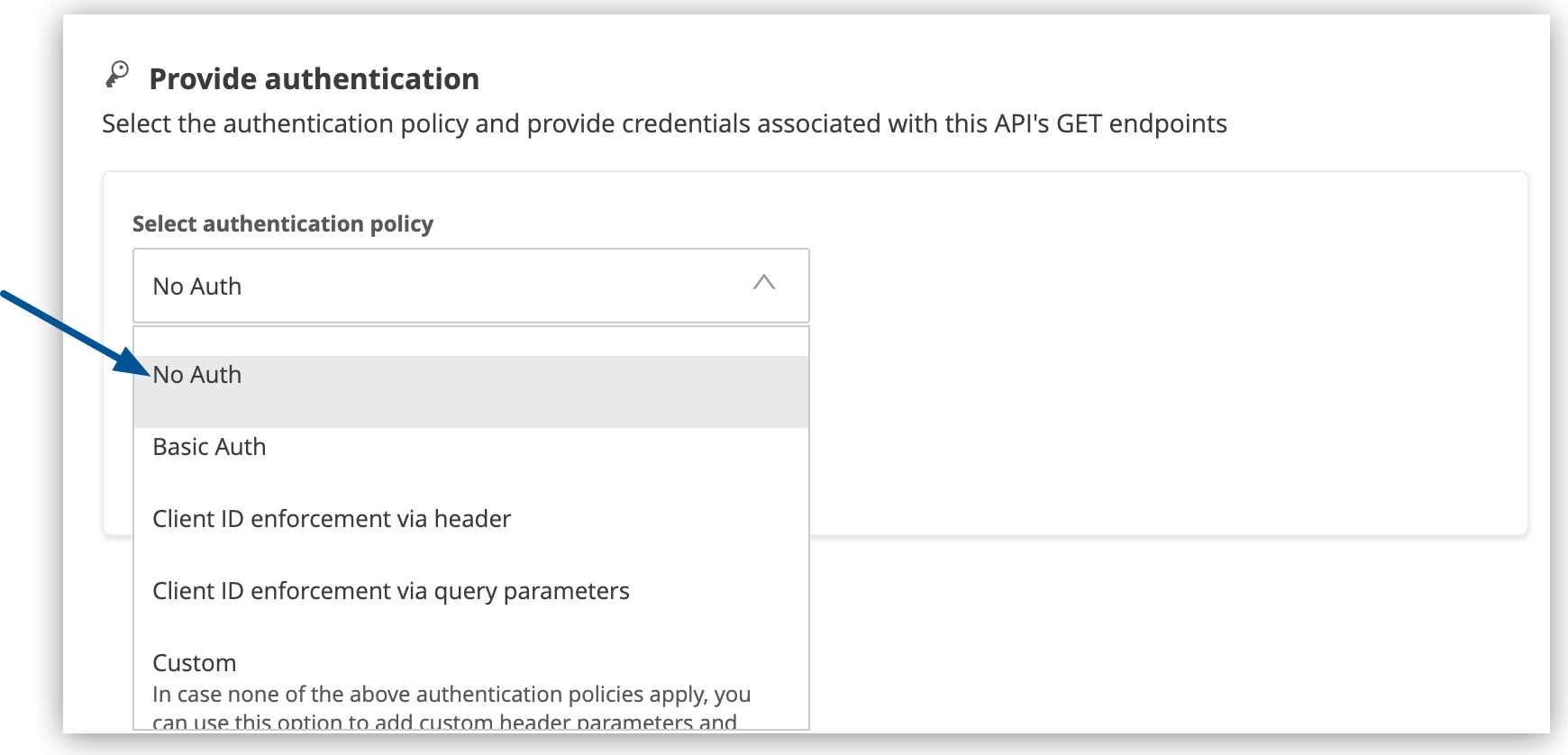
Should the user of the application have to choose the other applications with which the application communicates, or can the application implicitly find its cooperating partners?.
WIN32 FORMS DATAGRAPH WINDOWS

Should the application be able to communicate with other applications running on other computers on a network, or is it sufficient for the application to communicate only with applications on the local computer?.The answers to these questions determine whether an application can benefit by using one or more IPC mechanisms. It is likely that an application will use several IPC mechanisms. The spreadsheet application, in turn, might act as a client in requesting the latest inventory levels from an automated inventory control application.Īfter you decide that your application would benefit from IPC, you must decide which of the available IPC methods to use. For example, a word processing application might act as a client in requesting a summary table of manufacturing costs from a spreadsheet application acting as a server. Many applications act as both a client and a server, depending on the situation. A server is an application or a process that responds to a client request. A client is an application or a process that requests a service from some other application or process.

Typically, applications can use IPC categorized as clients or servers. Other forms of IPC facilitate the division of labor among computers on a network. Some forms of IPC facilitate the division of labor among several specialized processes.

Collectively, the activities enabled by these mechanisms are called interprocess communications (IPC). The Windows operating system provides mechanisms for facilitating communications and data sharing between applications.


 0 kommentar(er)
0 kommentar(er)
